Samsung TV vs LG TV is probably one of the most-discussed topics in this era of smart TVs and internet-based streaming. As stated in a recent market report, the global smart TV market was worth US $187.81 billion in 2021 and is set to grow at 10.9% CAGR during the forecast period of 2022 to 2030 and Samsung TV and LG TV both have a significant contribution to its high growth scope.
No doubt that the streaming businesses are targeting both these ecosystems at an increasing rate. No matter whether you are operating in this field and planning to choose any one from these smart TV ecosystems, or, trying to make a decision to pick up from Samsung TV and LG TV, this blog on Samsung TV vs LG Smart TV App will help you make your decision.
In this blog, we are going to walk you through Samsung TV vs LG TV – features overview, ecosystem, market, growth scope, and all you need to know.
Samsung TV Vs LG TV: Features Overview
Here we have listed out the comparative features overview for Samsung TV and LG TV. Let’s have a look.
Operating System and User Interface
While discussing Samsung TV vs LG TV, the operating system remains a significant differentiating factor. LG’s WebOS and Samsung’s Tizen OS both are Linux-based operating systems that support a broad range of streaming apps and channels from diverse categories – starting from news to lifestyle. Despite this, there are some key differentiating factors between LG’s WebOS and Tizen OS.
First developed by Palm, LG WebOS is a popular operating system for high-end TVs. It offers a neat and simple user interface where you can easily access the quick launch bar by just clicking on the home button on the home screen. LG WebOS comes with high speed letting you access the apps and channels faster. It offers an easy-to-understand and navigable interface where the lists of apps and channels come in the forms of ribbon-like customizable lists to browse through. Also, the latest LG WebOS update ensures even lesser buffer time making the content access and streaming faster and smoother.
Tizen OS, on the other hand, is popular for being open source and highly flexible. Not only does it offer great scope for customization and innovations by the OEMs (Original Equipment Manufacturers) and vendors, but also facilitates better development workflows and collaborations on this OS. Tizen OS also offers a simple, sleek, and easily understandable interface where you can easily browse through the lists of diverse app categories, watch history, recommendations, and others.
Display Technology
Display technology plays an important role in determining the audience experience. And here we are going to discuss the display technology for both LG TV and Samsung TV.
LG TV is based on OLED (Organic Light Emitting Diode) display technology which implies that the TV screen doesn’t need to be illuminated by the external light but can radiate its own light. In this technology, the light is created by the organic molecules and it offers high flexibility to adjust the brightness of the individual pixels. While this type of display technology is often considered to be the most suitable one to ensure quality display panels, there is an issue associated with it known as ‘burn-in images’ which is not so frequent but may occur if static images are left on the display screen for a long period of time.
Samsung TV’s display is based on QLED (Quantum Dot LED) technology which uses a LED backlight that is projected onto a quantum dot layer. A quantum dot layer is basically a layer of nano-particles, which after being illuminated, re-emit lights of certain colors. While QLED displays are much brighter than the OLED ones, the simultaneous display of dark and light pictures may not be that efficient in this case.
Video Quality
LG TV comes with Dolby Vision support that ensures better contrast, depth and color display for high quality viewing experience. Audiences preferring greater detailing and enriched viewing experience, often opt for LG TV for this reason.
Samsung TV supports HDR10. This open high dynamic range video standard is well-known for excellent maximum peak brightness, amazing tone mapping, and other competitive features.
Voice Assistance
LG TV supports both Google Assistance and Alexa. The latest LG TVs not only offer great voice assistance capabilities but unleash the power of ThinQ AI that helps users efficiently execute voice commands. ThinQ AI is LG’s own AI platform that helps utilize the sensor data and diverse features like learning engine and product recognition technologies to extend the voice assistance capacity.
Samsung TV, on the other hand, comes with Bixby voice assistant that lets the users execute a range of activities – setting reminders, sending text messages, making phone calls, reading emails, and many more. Being contextually aware, it can easily recognize the present state and the change of state needed to perform a specific task.
Samsung TV Vs LG TV: Ecosystem, Market and Growth Scope
Now that you have a better understanding of the features for Samsung TV vs LG TV, let’s discuss their respective market, ecosystem, and growth scope. Samsung TV and LG TV both come with their extensive apps, channels, and ecosystems.
Globally, there are more than 665 million households with smart TVs, and in 2020, the operating systems for these TVs accounted for more than half of all sales. The streaming companies are choosing to build their own branded LG TV app or channel in response to these figures skyrocketing even more and LG smart TV webOS capitalizing on this expanding business potential.
The market for LG smart TV apps has expanded dramatically over the past few years, with a projected 36% annual growth rate until 2022, according to a recent report. The LG TV apps ecosystem includes a broad range of apps/channels of various categories like life, entertainment, news, education, and others –
- UFO Liked
- Developer Mode
- Beyond Today
- MTA
- OMNI Edu
- Highbrow
- Hulu
- Netflix
- Vudu
- YouTube
- Prime Video
- Sling TV
- YouTube TV
- Pluto TV
- iFood.tv
- Hue Controller
- Internet Speed 2
- Audi TV
- Aqua Real 2
- WeatherNation
- HTB
- Newsy
- DW for Smart TV
- CBS News
- The Weather Network
And others.
On the other hand, the Samsung Tizen platform tends to stay at the forefront for the top streaming enterprises even in the upcoming years with over 190 million users in more than 190 countries.
To give you some context, during the past five years, sales of Tizen-powered devices have exceeded 300 million units globally, and Samsung has been recognised as the world’s top maker of smart TVs for 15 years running (all Samsung smart TVs are based on Tizen OS since 2015). The extensive Samsung Tizen app ecosystem includes –
- ESPN
- Apple TV
- BBC Sports
- CBS
- Facebook Watch
- Netflix
- Prime Video
- Google Play Movies & TV
- HBO Go
- Hotstar
- Hulu
- Sling TV
- YouTube TV
- Sony LIV
- Spotify
- Vudu
And many more.
Undoubtedly, both Samsung TV and LG TV market and ecosystem have high potential to take your streaming business to the next level. And if you are wondering how to start, then read on till the end.
Launch Your Own Branded Smart TV App With Muvi
Muvi, an one of its kind of OTT platform provider, offers an easy and fast solution to launch your own branded smart TV app/channel even without writing a single line of code! Not only does it let you launch your own branded Samsung or LG TV app through a few button clicks, but it supports more than 13 environments.
Its dedicated solution also includes SEO optimization tools, audience engagement tools, scalable CDN, analytics & insights, and many more. Take a 14-day free trial today to make the best of the growing smart TV market (no credit card needed)!
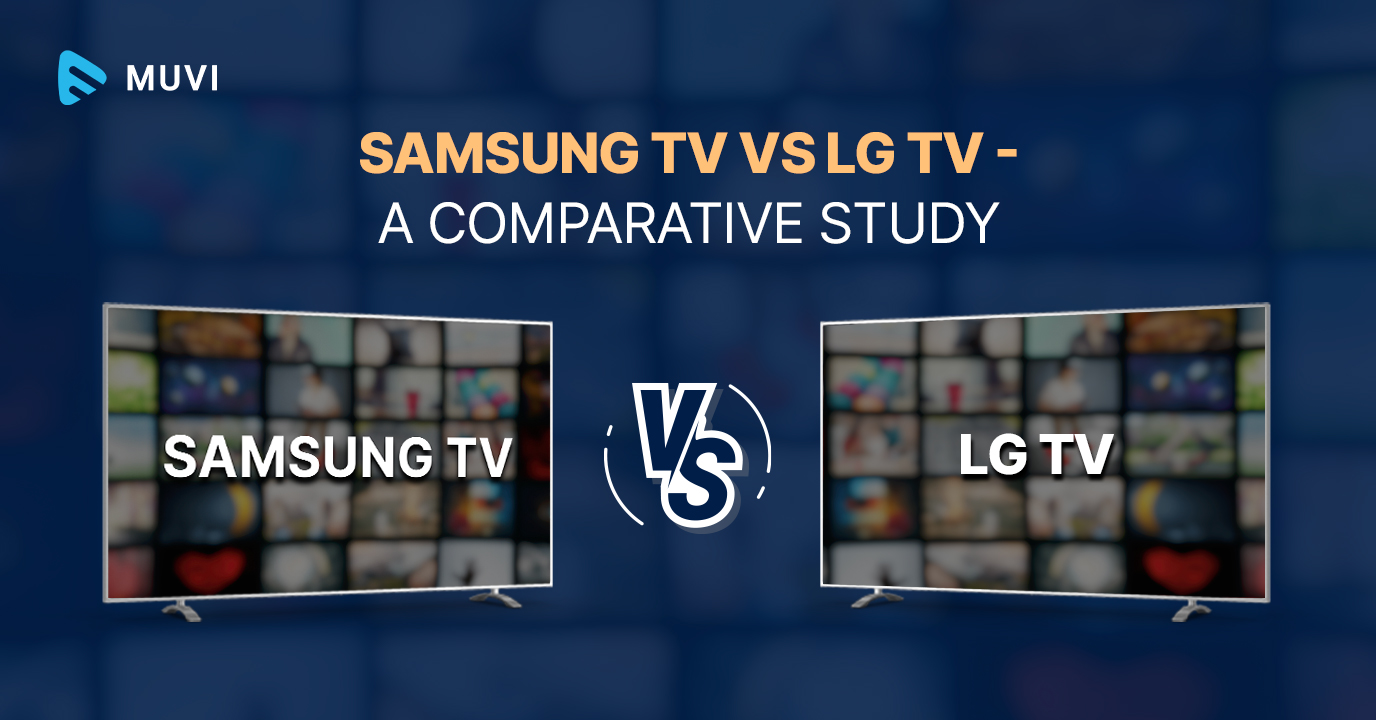

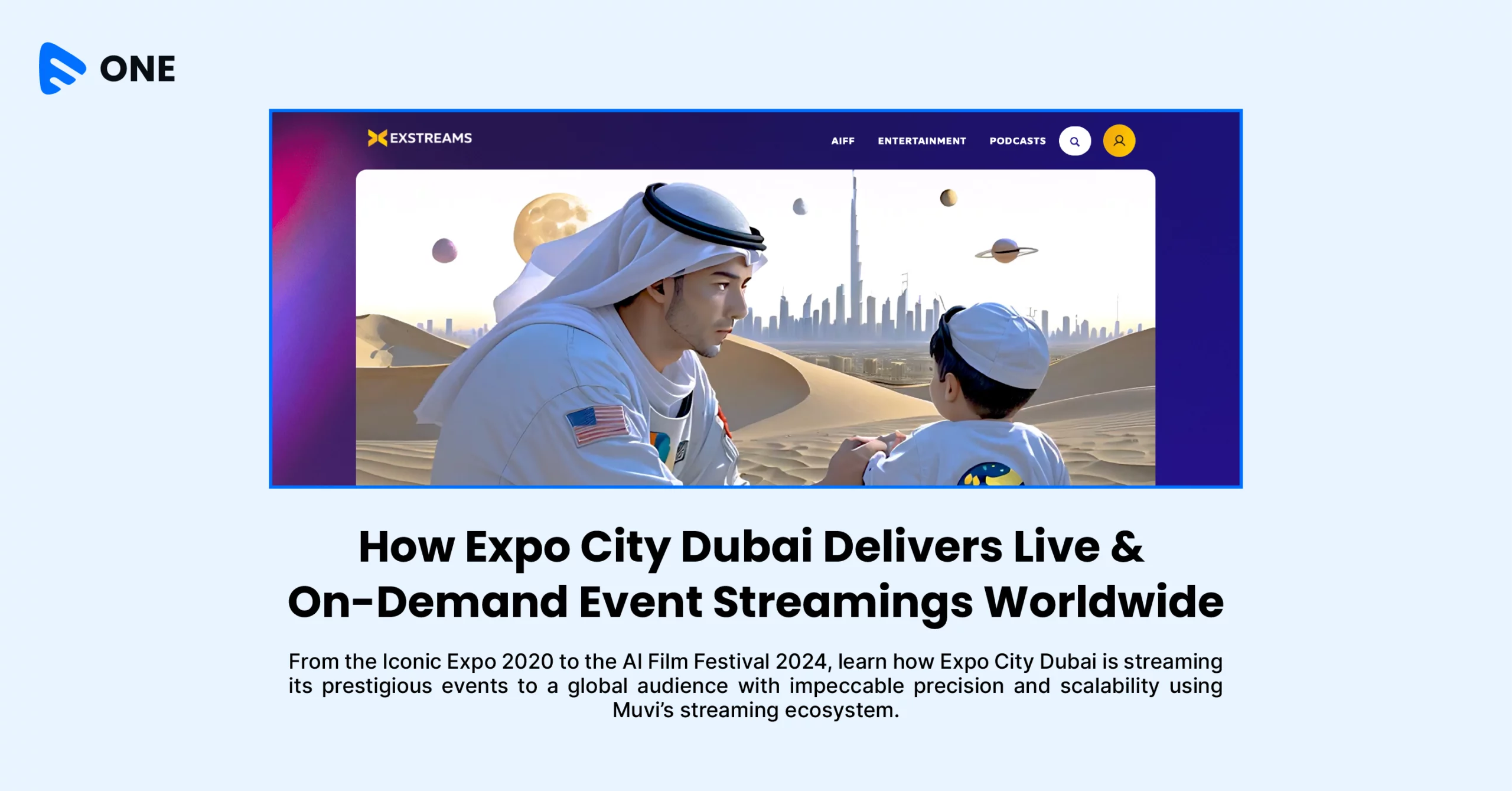
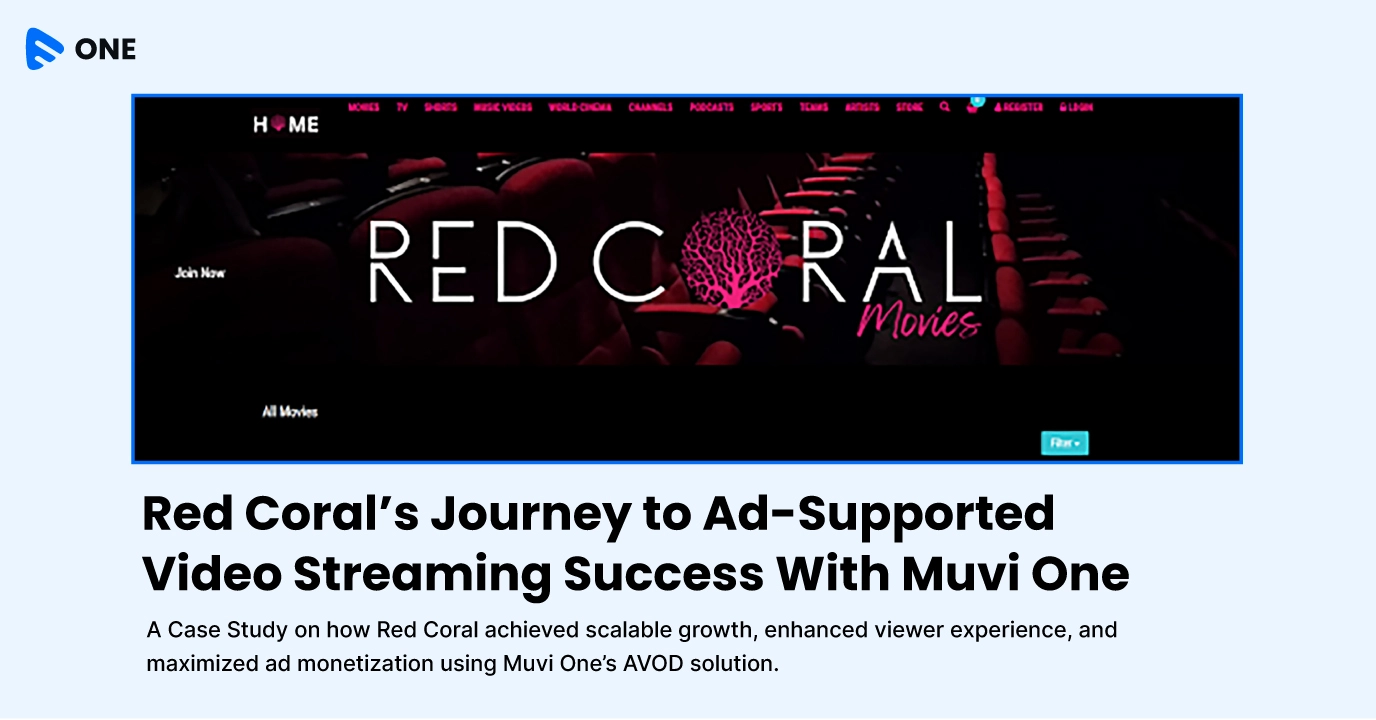
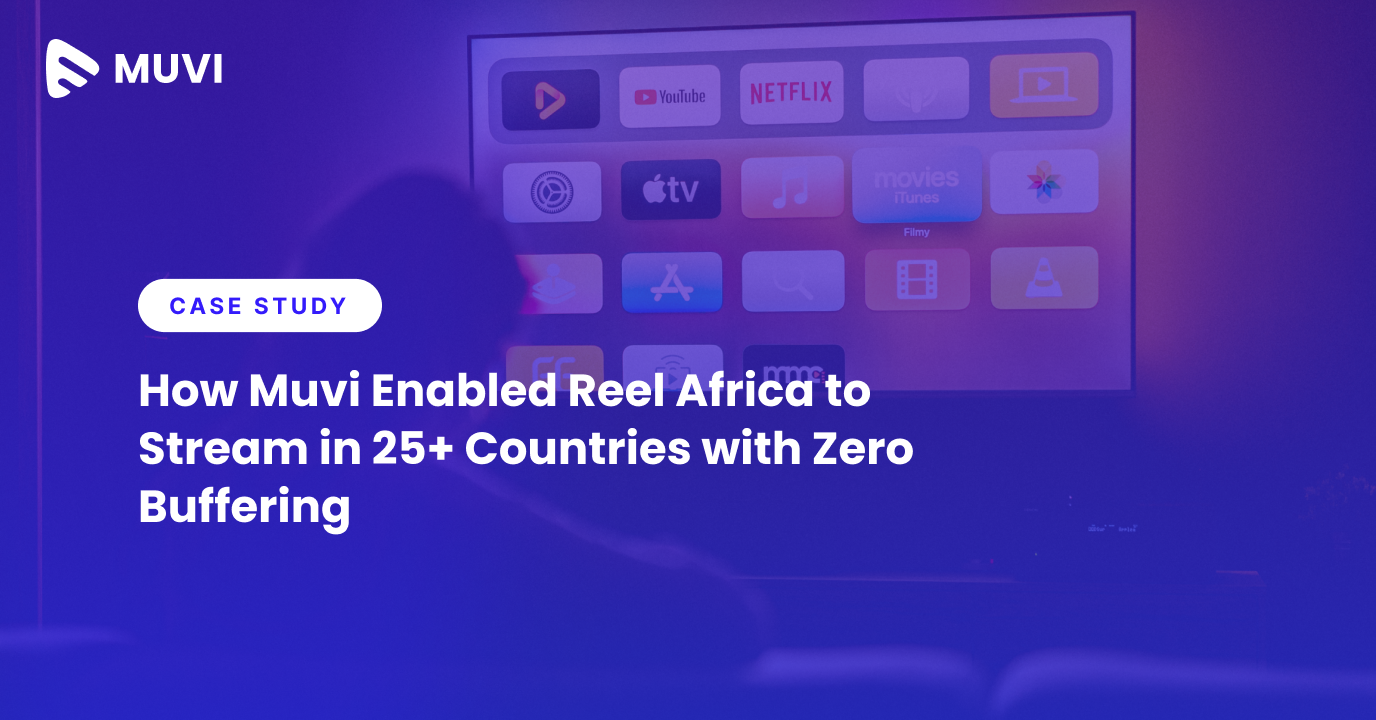




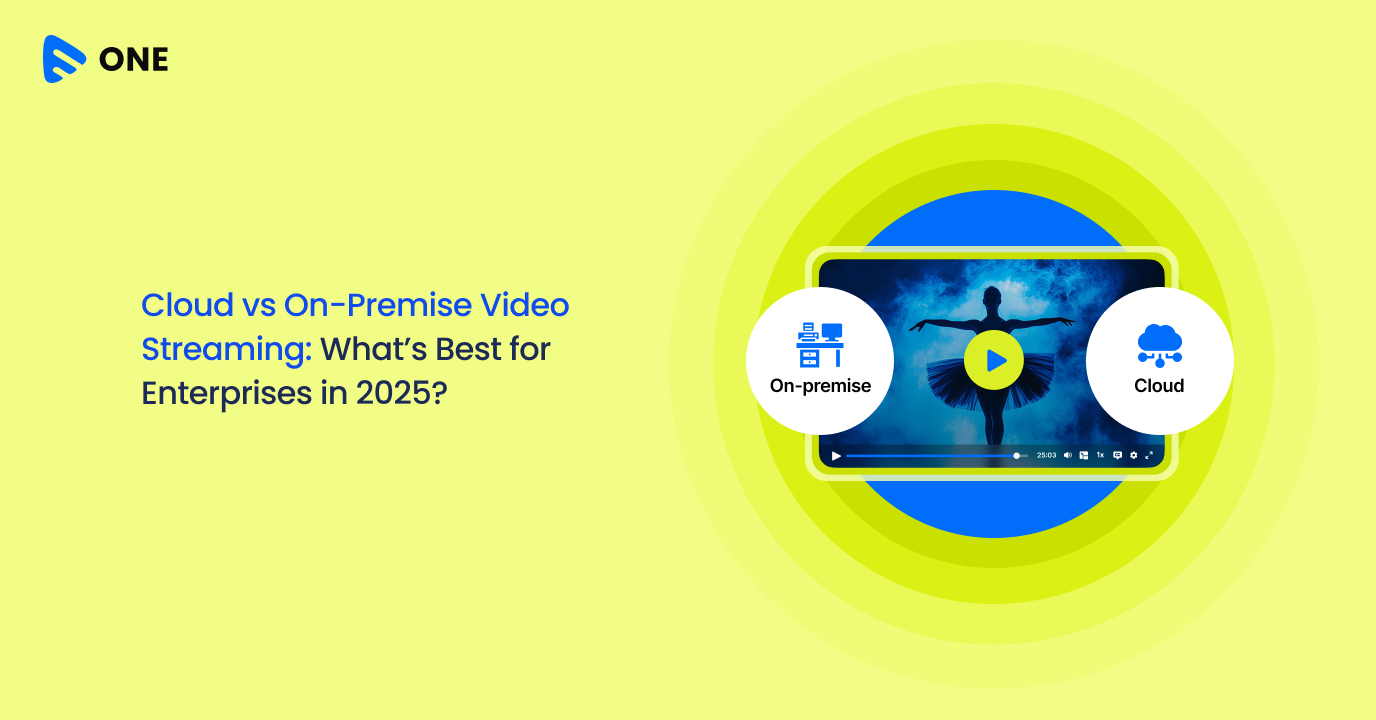
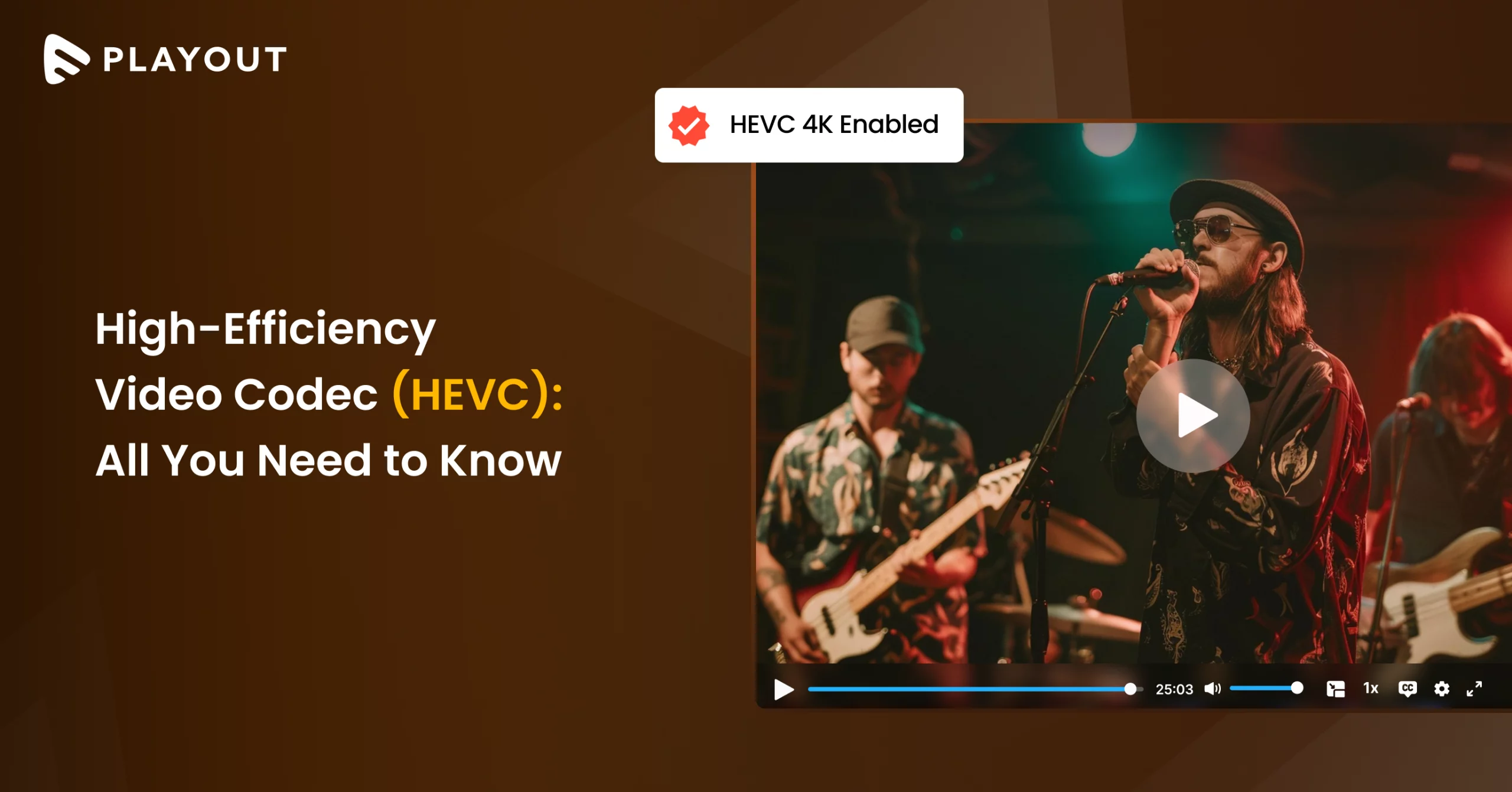




Add your comment